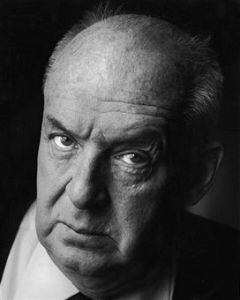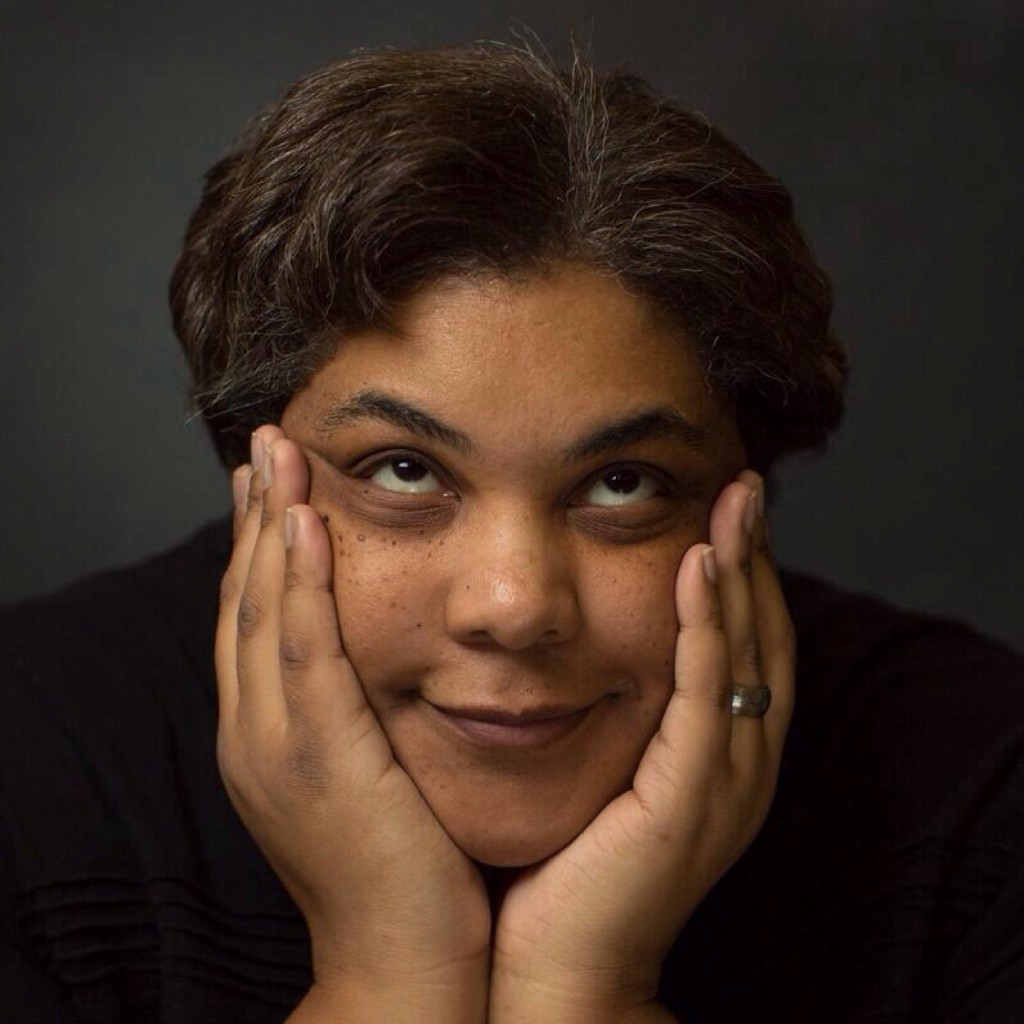The spookiest month of the year begins tomorrow. Here are some literary tidbits of a decidedly darker nature to get us all in the mood.
- This week marks the publication of Shirley Jackson: A Rather Haunted Life, a new biography of the oft-overlooked American writer best known for her short story “The Lottery” and the novels The Haunting of Hill House and We Have Always Lived in the Castle. Biographer Ruth Franklin reports that Jackson was pegged (and promoted) as somewhat of a domestic “witch” in the early days of her career, and that Jackson took exception to this claim. Later, however, Jackson wrote the following, which should delight those of us who embrace our inner witches:
I am tired of writing dainty little biographical things that pretend that I am a trim little housewife in a Mother Hubbard stirring up appetizing messes over a wood stove. I live in a dank old place with a ghost that stomps around in the attic room we’ve never gone into (I think it’s walled up) and the first thing I did when we moved in was to make charms in black crayon on all the door sills and window ledges to keep out demons, and was successful in the main. There are mushrooms growing in the cellar, and a number of marble mantels which have an unexplained habit of falling down onto the heads of the neighbors’ children.
At the full of the moon I can be seen out in the backyard digging for mandrakes, of which we have a little patch, along with rhubarb and blackberries. I do not usually care for these herbal or bat wing recipes, because you can never be sure how they will turn out. I rely almost entirely on image and number magic.
- Jackson’s earlier reviewers compared her to Truman Capote, not a writer she “admire[d] particularly.” Capote still has his die-hards, though—a portion of his ashes just sold for $45,000 at auction. The anonymous buyer promises, “Truman will continue his adventures”—whatever that means.
- James Merrill's biographer reportedly used a Ouija board to summon the dead poet, who himself used one when writing. Reportedly Sylvia Plath also used one.
- In the New York Times’ feature “Bookends,” Francine Prose and Ayana Mathis discuss the most terrifying books they have ever read. I have just three words for you: Hans Christian Anderson. Though Mathis’ selection proves that the real-world horrors of racial injustice are just as terrifying, if not more so.


 In honor of Thanksgiving, a forkful of literary food links.
In honor of Thanksgiving, a forkful of literary food links.
 Fiction from fact and the birth of Lolita: Sally Horner of Camden, New Jersey was abducted in 1948 when she was 11 years old. For almost two years, she was shuttled around the country by her abductor, Frank La Salle, whose convoluted criminal past went unnoticed by friends and neighbors who believed his story - that he was her loving, albeit controlling, father. Although her story didn't leave the local media, it caught the attention of one man who would use the news accounts as a springboard for one of his most important works - Vladimir Nabokov, and his Lolita.
Fiction from fact and the birth of Lolita: Sally Horner of Camden, New Jersey was abducted in 1948 when she was 11 years old. For almost two years, she was shuttled around the country by her abductor, Frank La Salle, whose convoluted criminal past went unnoticed by friends and neighbors who believed his story - that he was her loving, albeit controlling, father. Although her story didn't leave the local media, it caught the attention of one man who would use the news accounts as a springboard for one of his most important works - Vladimir Nabokov, and his Lolita.  Want more time to write? Engineer/entrepreneur Rob Rhinehart suggests that we can add 90 minutes to our day by spending less time on food preparation, consumption and cleanup.
Want more time to write? Engineer/entrepreneur Rob Rhinehart suggests that we can add 90 minutes to our day by spending less time on food preparation, consumption and cleanup.  On new beginnings: The Toast
On new beginnings: The Toast